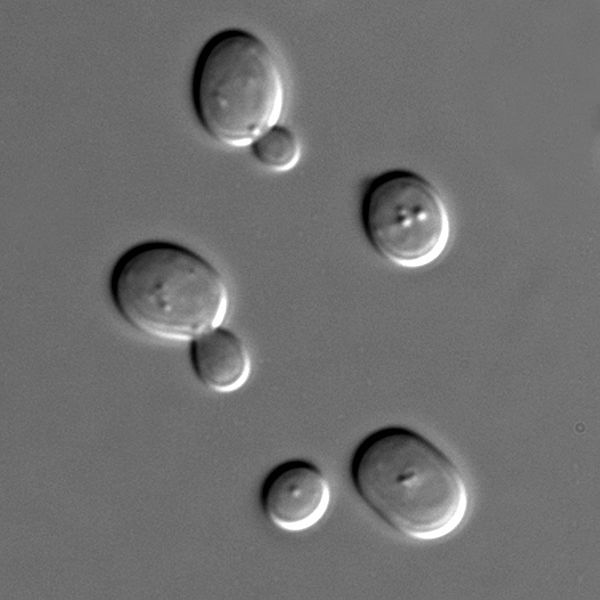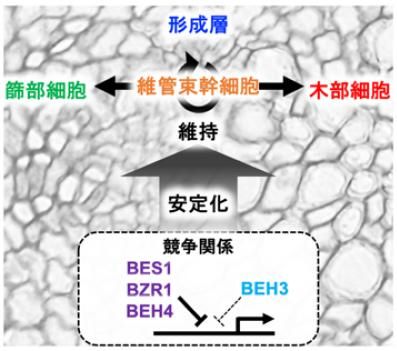HOMA calculator: https://www.omnicalculator.com/health/homa-ir.
Papers referenced in the video:
Growth hormone-releasing hormone disruption extends lifespan and regulates response to caloric restriction in mice.
https://pubmed.ncbi.nlm.nih.gov/24175087/
Glucose regulation and oxidative stress in healthy centenarians.
https://pubmed.ncbi.nlm.nih.gov/12543271/
Distribution of blood glucose and prevalence of diabetes among centenarians and oldest-old in China: based on the China Hainan Centenarian Cohort Study and China Hainan Oldest-old Cohort Study.
https://pubmed.ncbi.nlm.nih.gov/32643047/
Prevalence and Ethnic Pattern of Diabetes and Prediabetesin China in 2013
https://pubmed.ncbi.nlm.nih.gov/28655017/
Families enriched for exceptional longevity also have increased health-span: findings from the long life family study.




